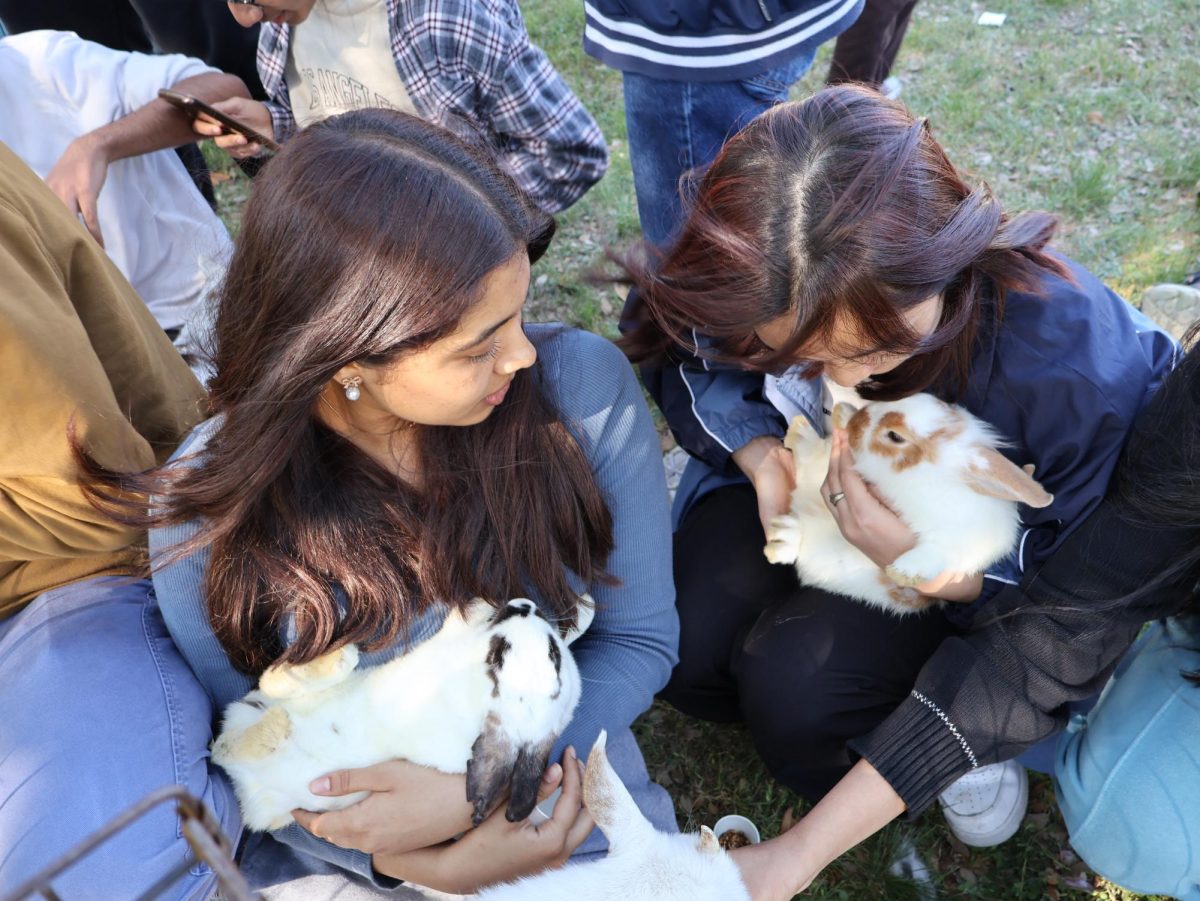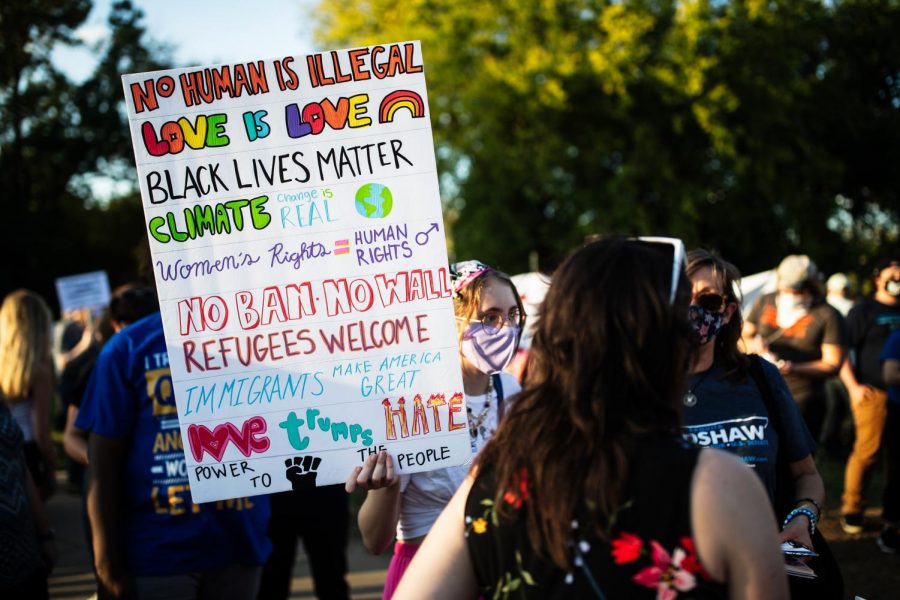Student activism has a complicated history on Vanderbilt’s campus. As a university, we have a reputation for being mostly apolitical and uncontroversial in our handling of social issues and current events. Last summer, however, this began to change on the part of the students, as apathy faded into activism amid radical social upheaval.
This is exemplified by the countless number of student organizations that are mobilizing around salient issues. Students en masse have protested for institutional changes surrounding Greek Life and issues of racial justice, attending rallies at the People’s Plaza over the summer and at the Climate Strike in the fall. Numerous social media accounts documented the experiences of countless marginalized students, calling for immediate institutional change. Additionally, several undergraduate groups, as well as VSG, are currently campaigning for the university’s endowment to divest from fossil fuels.
As students, our job is to act when we see injustice, and especially on our own campus.
The 2020-21 Editorial Board has stayed away from specific endorsements of campus groups and movements and does not necessarily endorse any ongoing student movements, or condone their actions. However, that does not preclude us from supporting the ideals of student activism. In order to have a thriving community of productive discourse and good faith discussion, we, as students, must be prepared to consistently and constantly speak our minds.
However, many of these student groups feel like their calls for action are not being met with open ears.
Swipes For A Cause, a student organization that allowed students to donate meal swipes, was shut down, and its leadership team felt that the university was not receptive to their complaints. Founder of Swipes for a Cause Nisala Kalupahana wrote a guest editorial for The Hustler in January requesting that administrators communicate with the organization in an effort to resume operations.
“We were so excited to come to a joint solution with Vanderbilt and hoped administration would be equally as enthusiastic,” Kalupahana said. “However, after being continually ignored with no end in sight, we feel we have no choice but to publicly appeal.”
Additionally, advocates of a potential union for graduate students have been stalled for years by administrative opposition. Since the onset of the COVID-19 pandemic, they have also been pushing for changes regarding working conditions. Ph.D. fellow and VGWU organizing committee member Nick Goodell echoed claims of waiting on administration.
“It’s becoming increasingly clear that it’s a lot of this campus that is waiting for some type of response from the administration,” Goodell said.
Most recently, and perhaps most prominently, Dores Divest issued a direct challenge to the chancellor in advance of their Feb. 23 protest, and requested a joint meeting between university administration and student leaders.
“If you, like, seriously keep ghosting the student government on the issue, it’ll seriously hurt our feelings,” the email from Dores Divest said. “Oh, and we will have no choice but to escalate our disruptions.”
In short, the administration’s closed door approach is frustrating many student groups. When student movements on campus reach a critical mass, the university has an obligation to address these students. We don’t expect their points to be enacted by administrations. Activism and conversation does not require automatic acceptance. However, constructive dialogue between students and school officials is a must.
We must also recognize that sometimes activists are wrong. However, these meetings can accomplish more than just showing activists what they have missed. Even if the activists have misdiagnosed their issue, a bona fide conversation will potentially identify and remedy the crux of the matter.
Some groups have been successful in their attempts to organize and create change, using creative methods and, at times, going through university channels. It took students organizing a sit-in at Kirkland as well as two-month long “tent city” in 2012 to make headway in their campaign against Vanderbilt’s investment in an African agricultural corporation that was accused of land-grabbing. The university reportedly removed the company from the endowment in 2013. Former Chancellor Nicholas Zeppos directly addressed the letter submitted by the activists. In addition, students were able to directly meet with Provost Richard McCarthy and scheduled a meeting with Vice Chancellor for Investments Matthew Wright. The vital point here is not the university removing the investment, but the direct meeting between students and administration.
Recently, however, administrators have largely been unresponsive to student activists’ change.org petitions and emails to administrators. So in the face of that, what should activists do? One solution is to try new forms of activism.
One such example is Divest Dores’ “Handsome Ron” email. There were a range of reactions on campus: some students found it “immature,” “childish” or “detrimental to the movement.” The administration noted that the email violated the student code of conduct. Still, other students applauded the bold approach, which brought attention to the issue in a harmless manner. It is impossible to deny that the email spurred discussion on campus and increased awareness of their cause. These individuals took a personal risk with, at least partially, the goal of raising awareness for a cause they believe in. If they are able to harness their newfound attention and push towards positive change, they will have accomplished what others before have failed to do.
The major point that critics appear to miss is that speaking to the administration has largely proved ineffective. Divestment movements have been occurring throughout the country and at other universities with various degrees of success, however, at Vanderbilt, these students have trouble getting a meeting. While disagreeing with a movement is acceptable, dismissing a cause without examining their motives or frustration is missing the point.
We won’t always get it right, and we won’t always get what we want. And that’s alright. However, Vanderbilt must facilitate a thoughtful university community that encourages and engages with its students and platforms. We do not question the university’s right to make decisions on these issues, but as a key stakeholder of Vanderbilt now and in the future, students deserve to be at the negotiating table.
This story was originally published on The Vanderbilt Hustler on February 22, 2021.

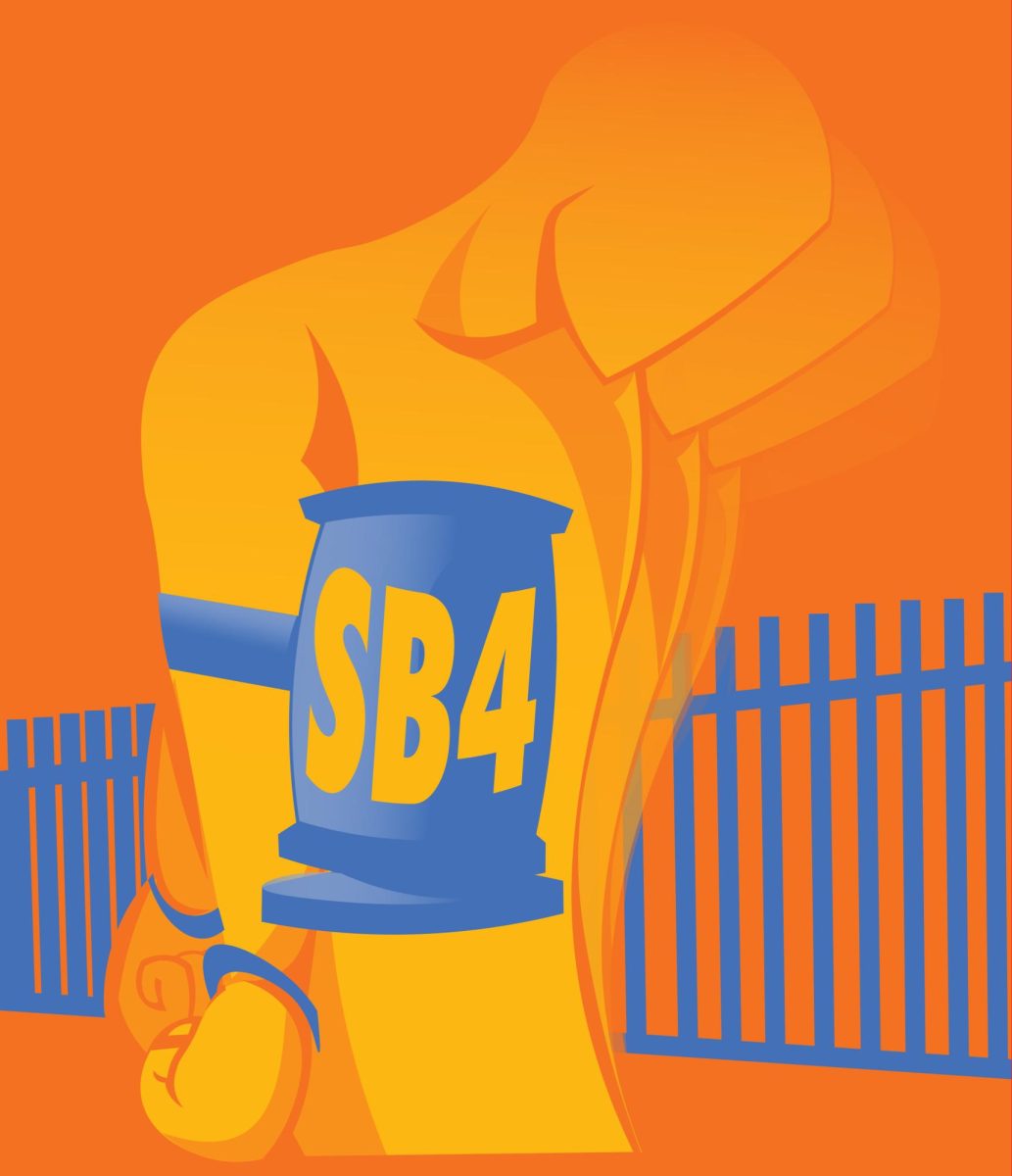

![April Dalton cooks Bananas Foster, a dessert consisting of bananas sautéd in butter, sugar and cinnamon. The bananas were cooked over a fire with rum and served atop a scoop of vanilla ice cream. “[Cooking] is not just like reading a piece of paper and making it happen, Dalton said. Theres a lot more involved and I dont think people realize that when they get into the kitchens.](https://bestofsno.com/wp-content/uploads/2024/05/CHEFDALTONCOVERFINAL-Large-1200x801.jpeg)



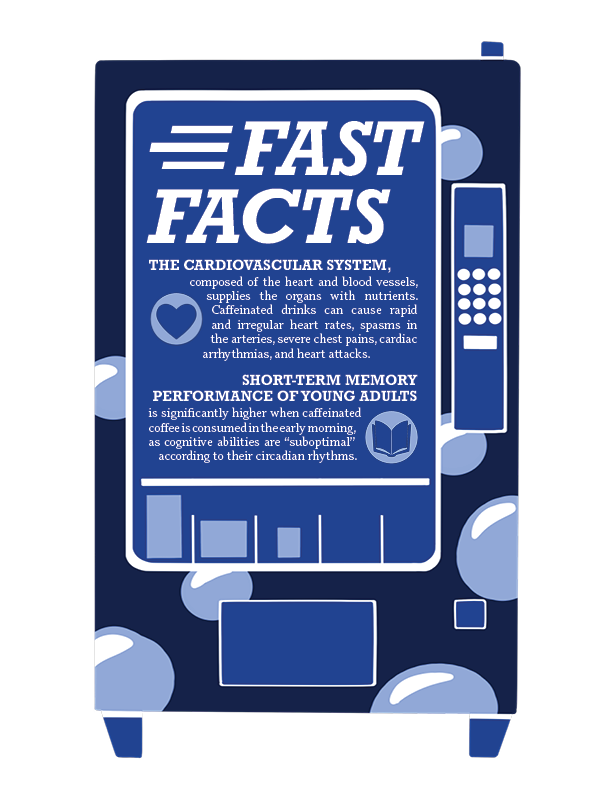
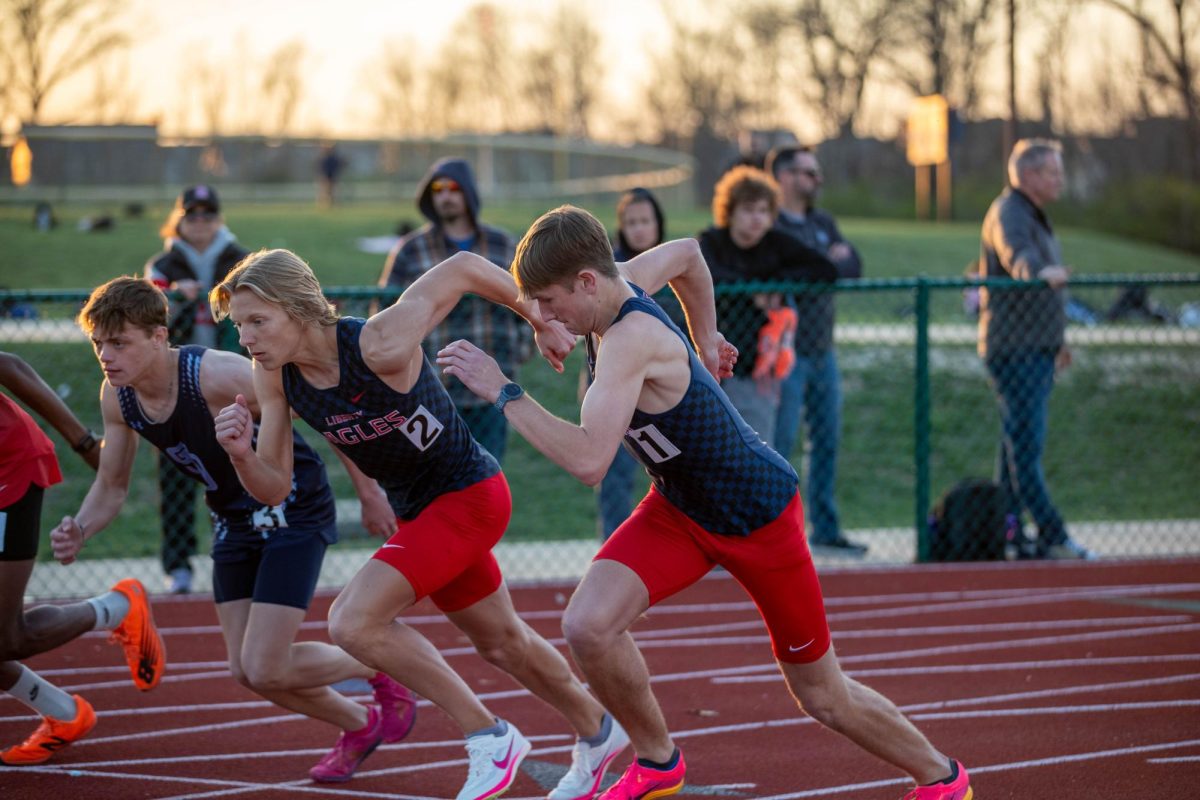

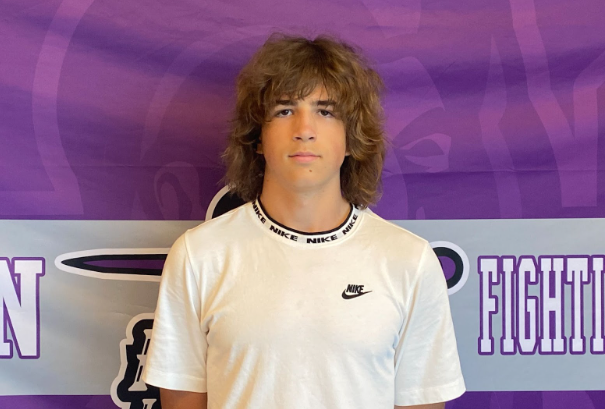
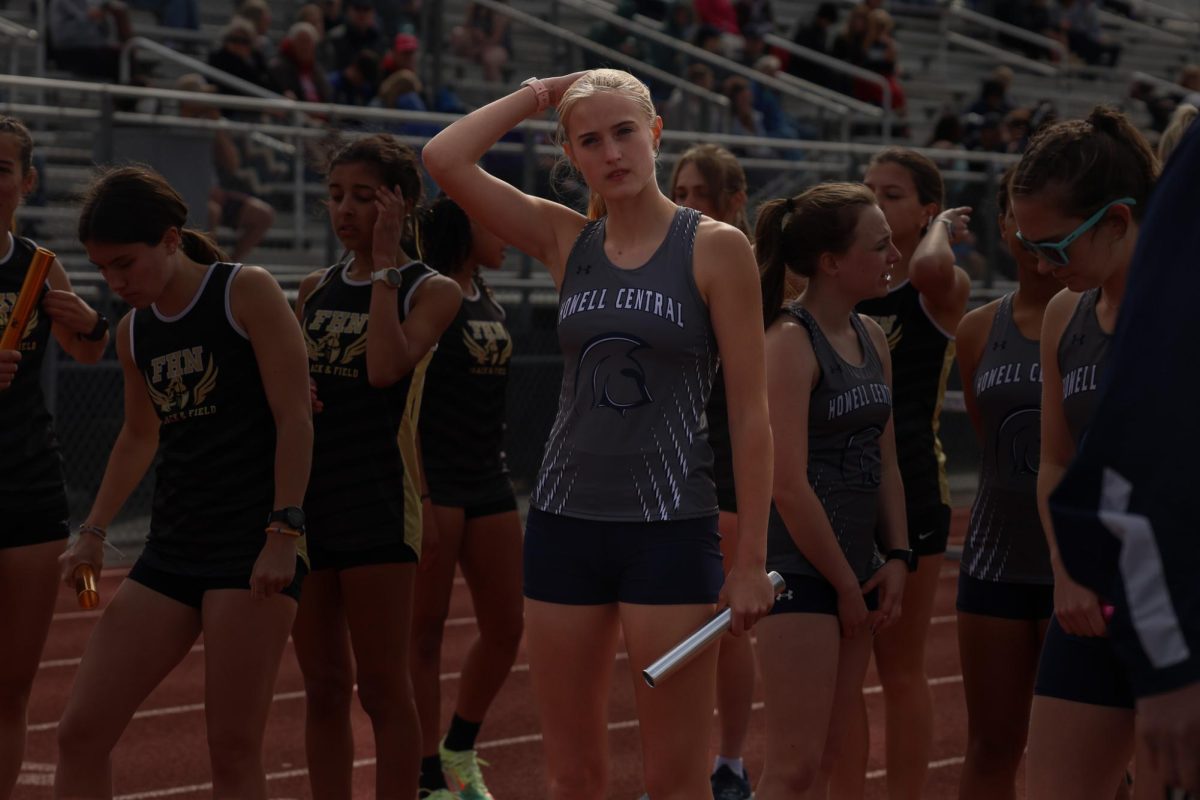
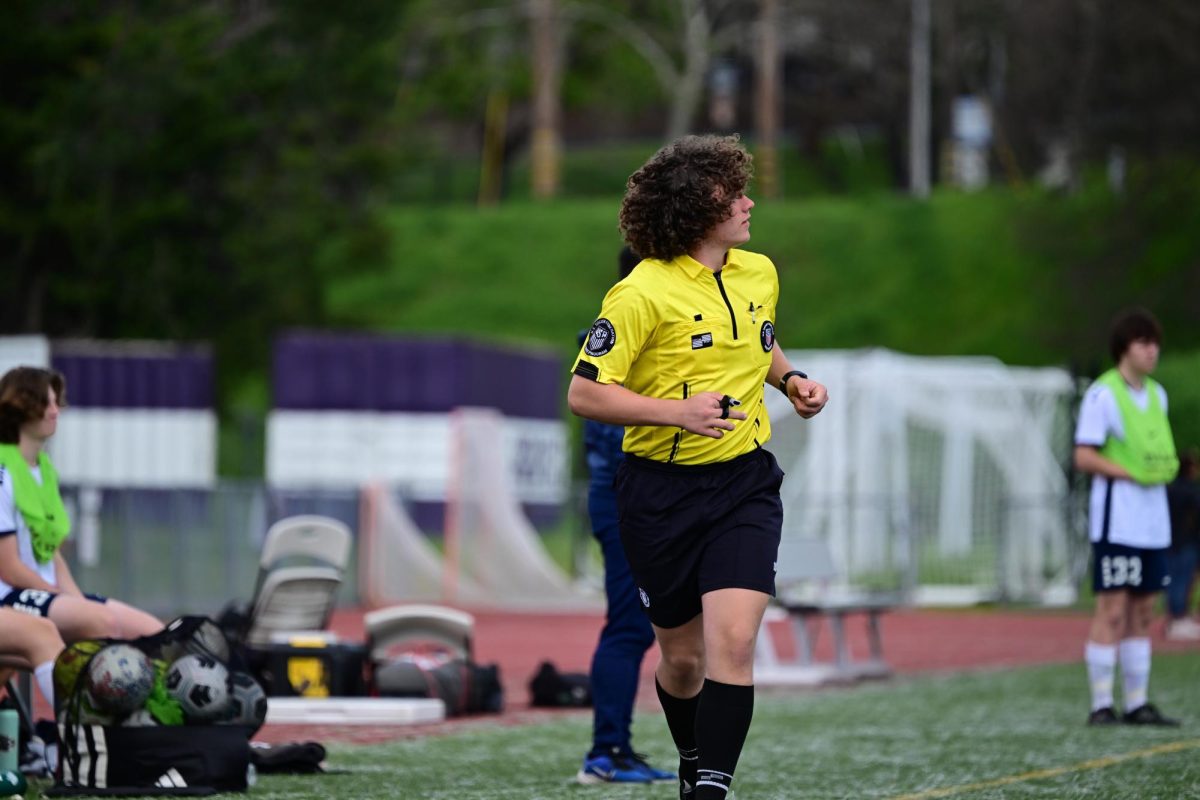


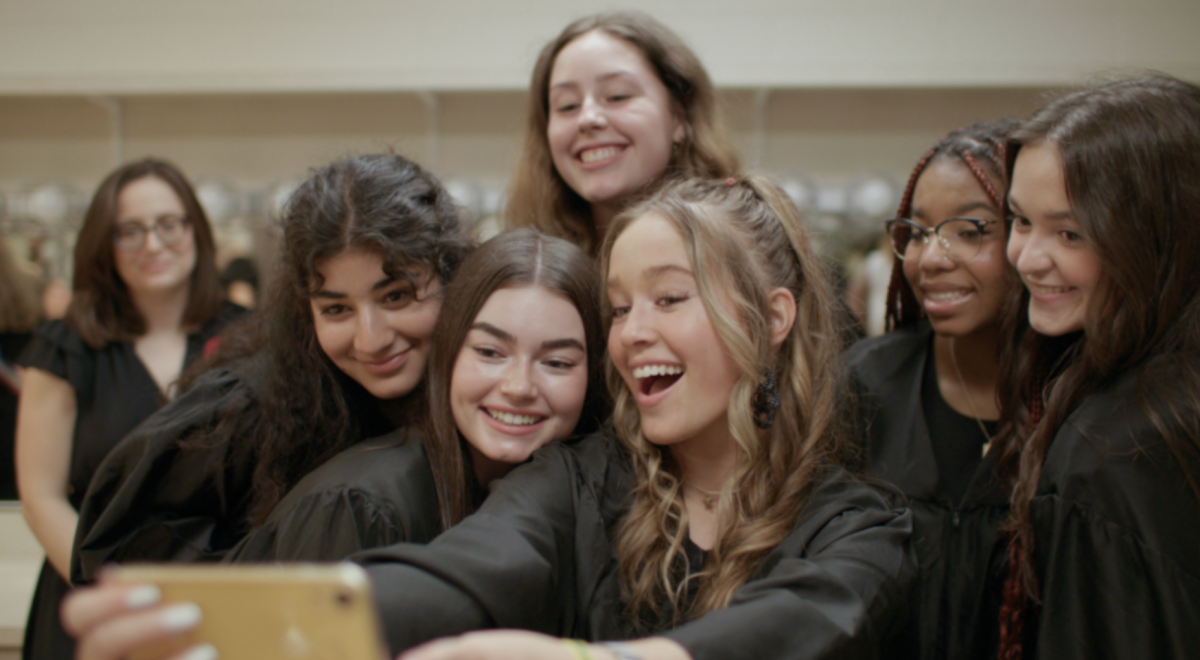
![Envisioning a cathedral in his mind, senior Soren Frederick puts pencil to paper and practices a rough sketch in the drawing room. Frederick grew up surrounded by a family of artists who helped him realize his passion for drawing and painting as he matured. “My family [is] very much [an inspiration] for drawing and painting. [Art] didn’t start [in the family] with me; it started with my mom and my older sister, and my older brother is very good at drawing [too],” Frederick said.](https://bestofsno.com/wp-content/uploads/2024/05/DSC_0017-1200x800.jpg)
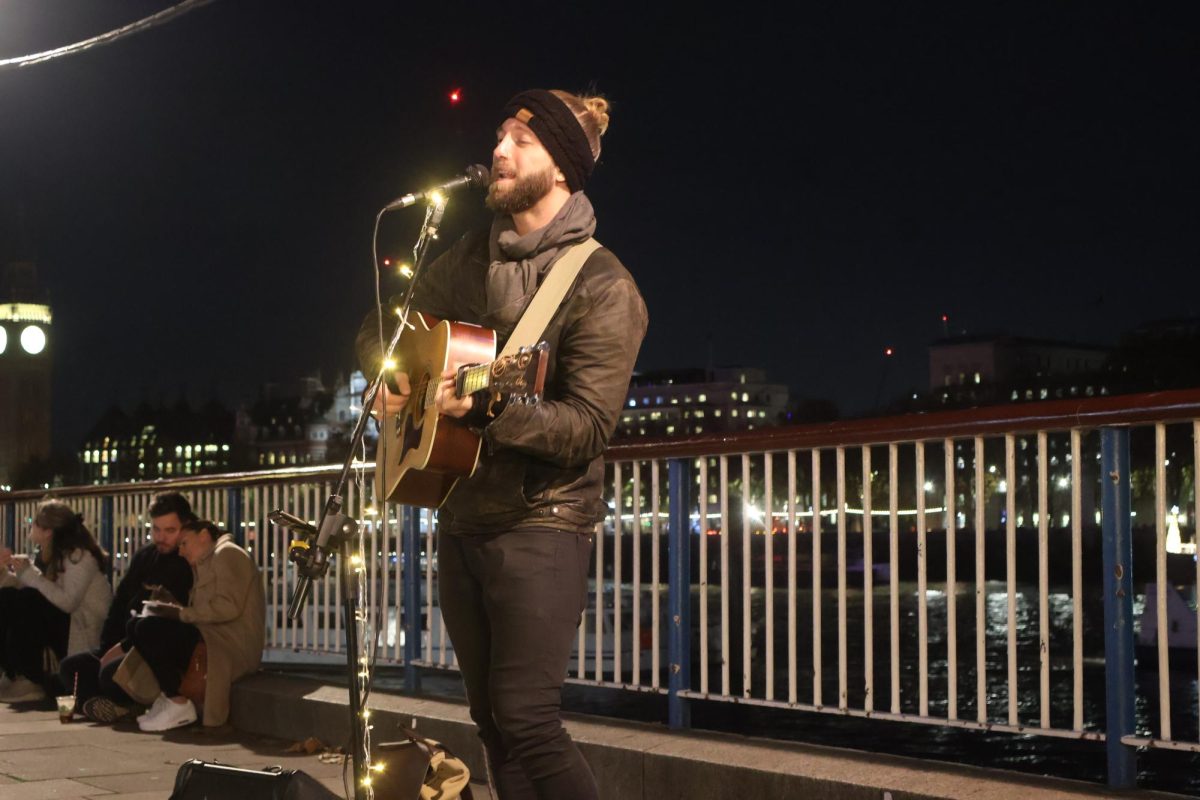
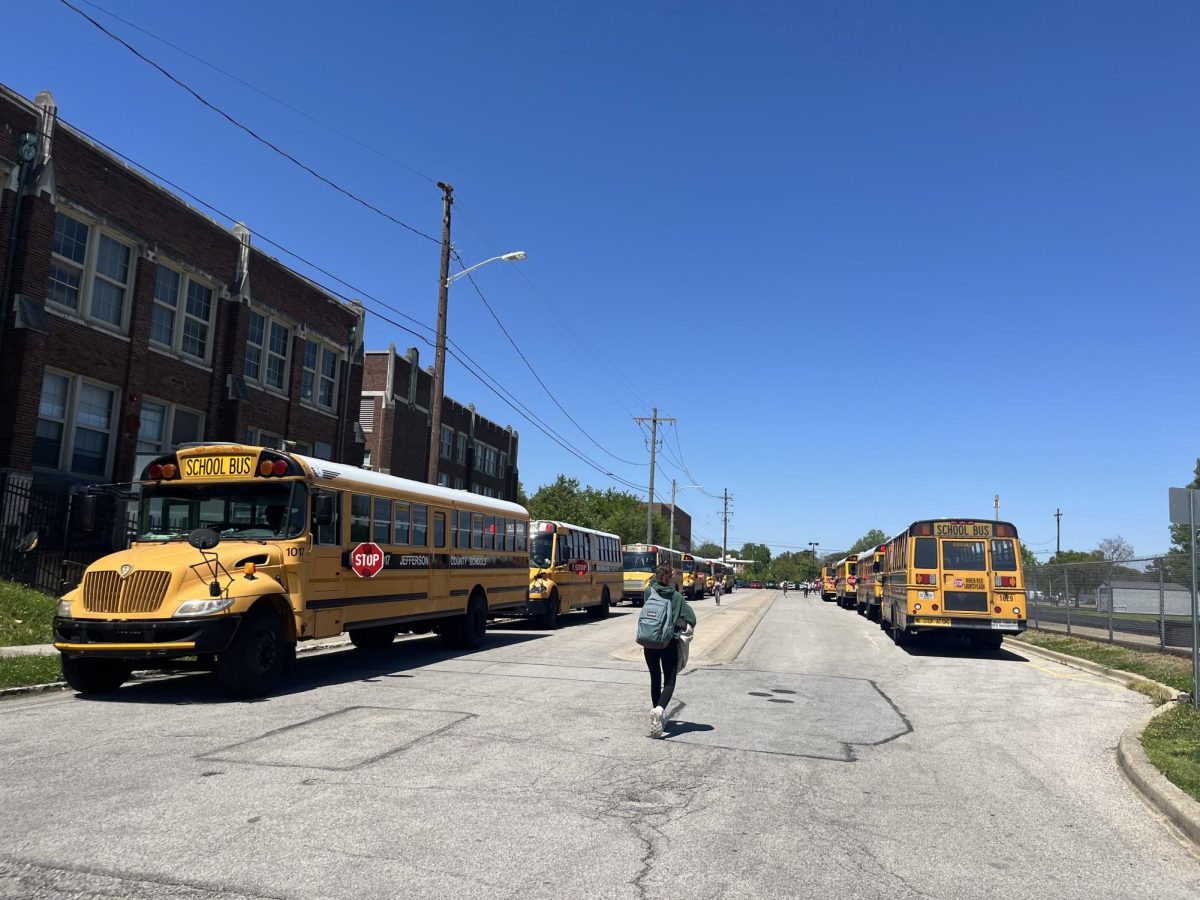





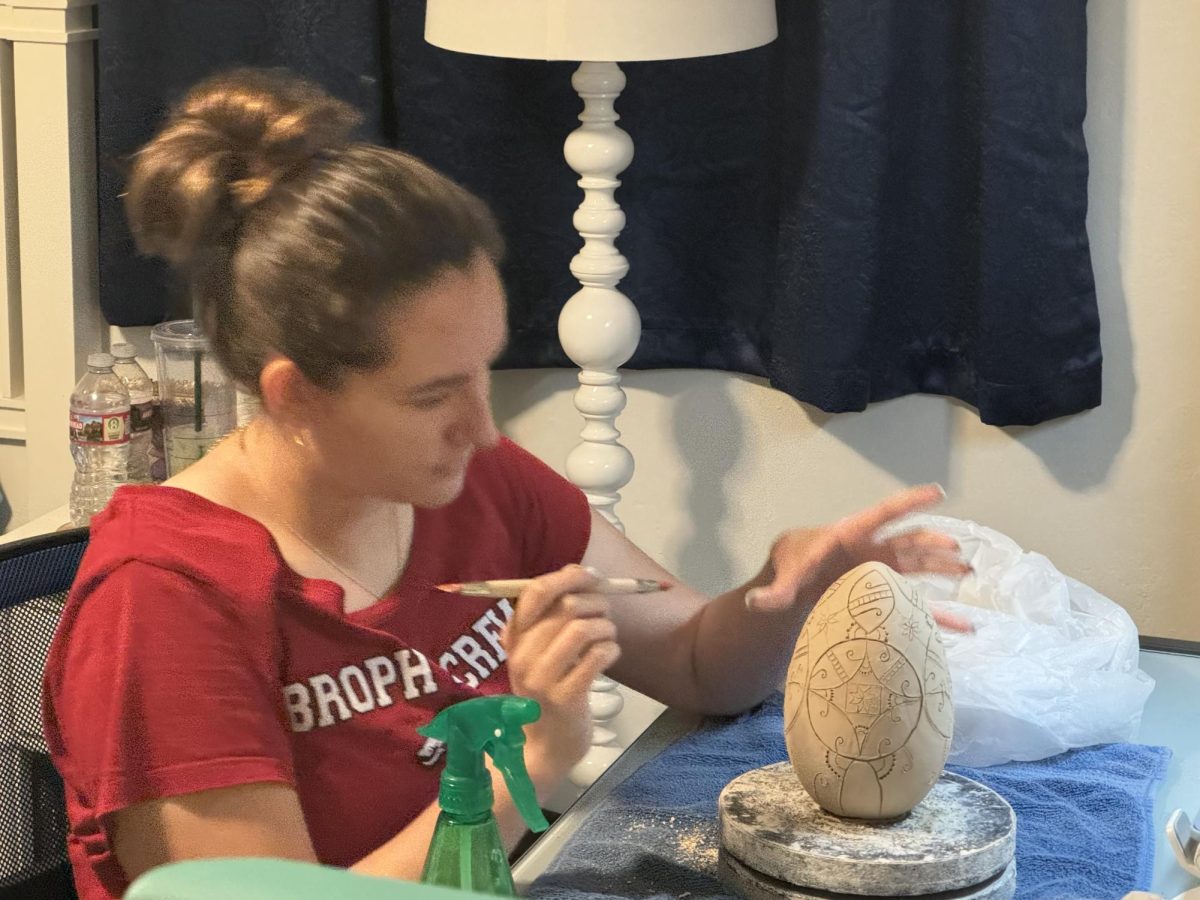
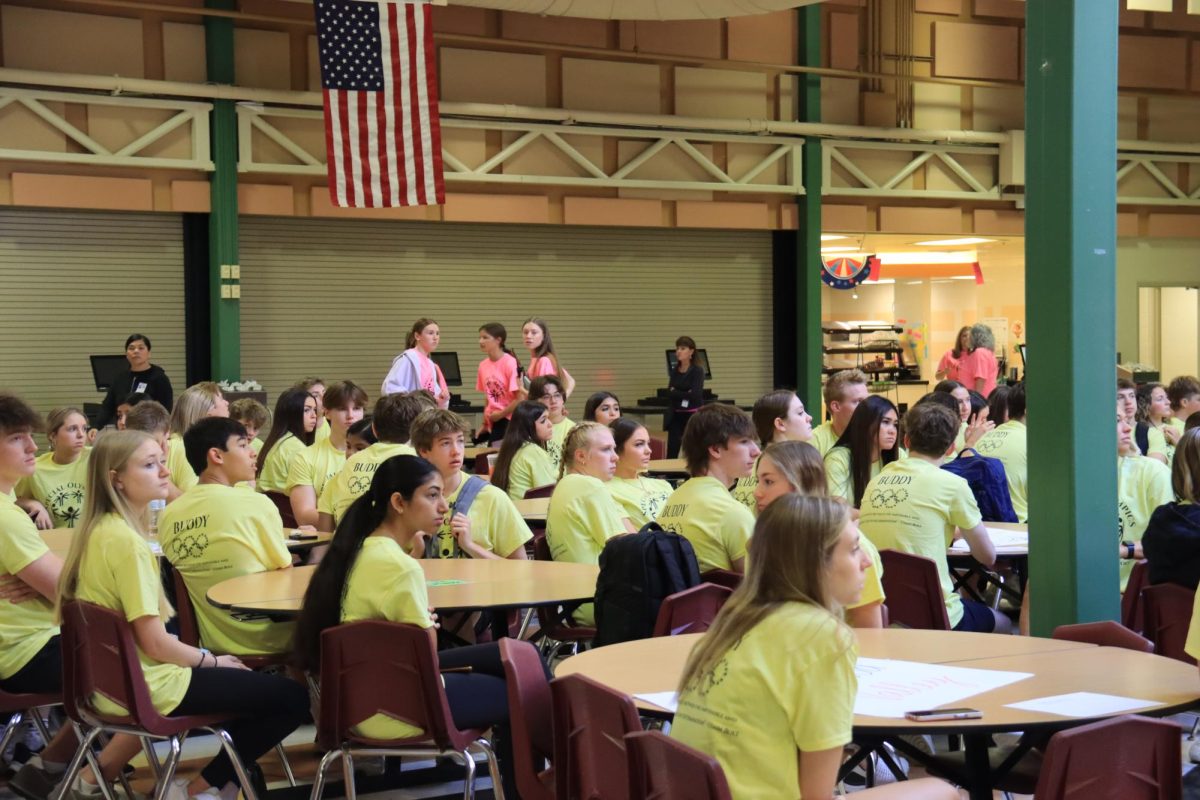
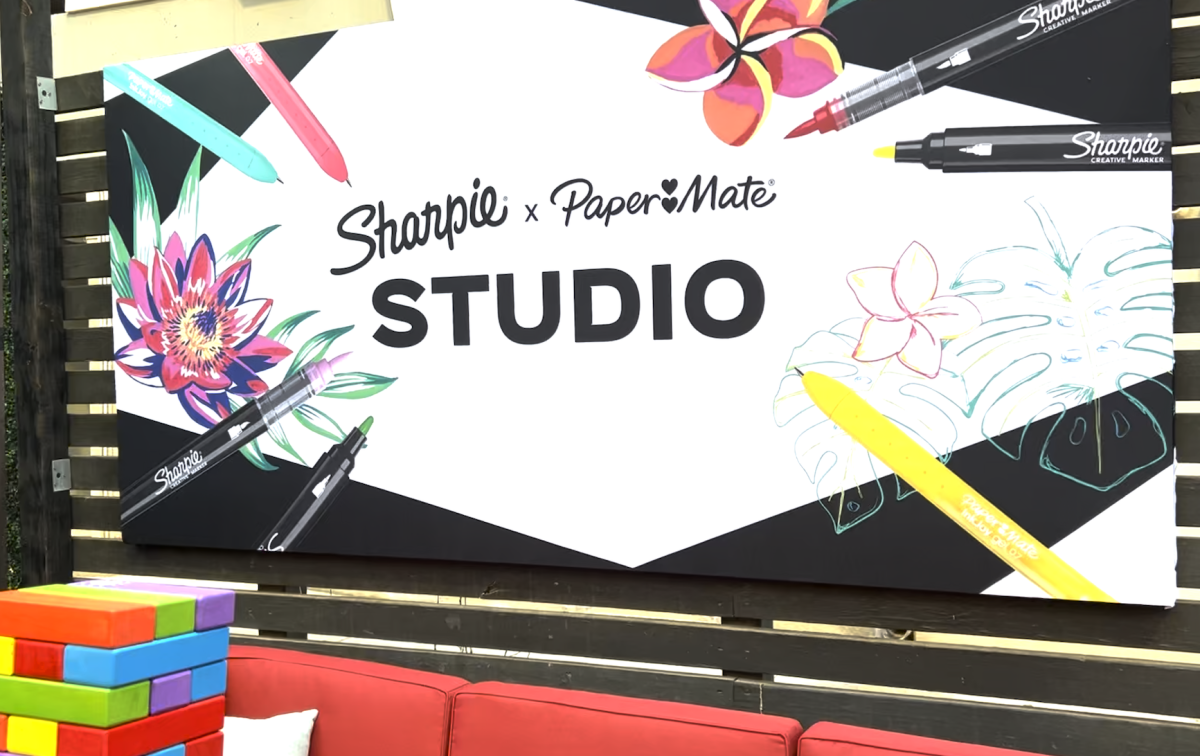

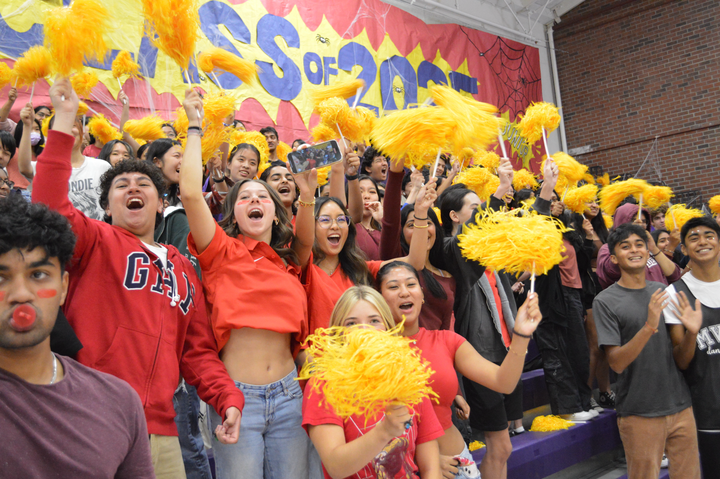



![IN THE SPOTLIGHT: Junior Zalie Mann performs “I Love to Cry at Weddings,” an ensemble piece from the fall musical Sweet Charity, to prospective students during the Fine Arts Showcase on Wednesday, Nov. 8. The showcase is a compilation of performances and demonstrations from each fine arts strand offered at McCallum. This show is put on so that prospective students can see if they are interested in joining an academy or major.
Sweet Charity originally ran the weekends of Sept. 28 and Oct. 8, but made a comeback for the Fine Arts Showcase.
“[Being at the front in the spotlight] is my favorite part of the whole dance, so I was super happy to be on stage performing and smiling at the audience,” Mann said.
Mann performed in both the musical theatre performance and dance excerpt “Ethereal,” a contemporary piece choreographed by the new dance director Terrance Carson, in the showcase. With also being a dance ambassador, Mann got to talk about what MAC dance is, her experience and answer any questions the aspiring arts majors and their parents may have.
Caption by Maya Tackett.](https://bestofsno.com/wp-content/uploads/2024/02/53321803427_47cd17fe70_o-1-1200x800.jpg)
![SPREADING THE JOY: Sophomore Chim Becker poses with sophomores Cozbi Sims and Lou Davidson while manning a table at the Hispanic Heritage treat day during lunch of Sept 28. Becker is a part of the students of color alliance, who put together the activity to raise money for their club.
“It [the stand] was really fun because McCallum has a lot of latino kids,” Becker said. “And I think it was nice that I could share the stuff that I usually just have at home with people who have never tried it before.”
Becker recognizes the importance of celebrating Hispanic heritage at Mac.
“I think its important to celebrate,” Becker said. “Because our culture is awesome and super cool, and everybody should be able to learn about other cultures of the world.”
Caption by JoJo Barnard.](https://bestofsno.com/wp-content/uploads/2024/01/53221601352_4127a81c41_o-1200x675.jpg)

